Unveiling the Essentials in Pet Food: Nourishing Your Furry Friend for a Healthy Life
Our beloved pets are not just animals; they’re cherished members of our families. As pet owners, it’s our responsibility to ensure they lead happy, healthy lives, and a crucial aspect of their well-being lies in their diet. Just like humans, pets require a balanced and nutritious diet to thrive. But what exactly are the essentials in pet food? Let’s explore the key components that make up a nourishing diet for your furry friend.
Protein
Protein is the cornerstone of any pet’s diet, serving as the building blocks for healthy muscles, tissues, and organs. For dogs and cats, high-quality animal-based proteins are essential as they contain all the necessary amino acids for optimal health. Look for pet foods with real meat as the first ingredient, such as chicken, beef, or fish, to ensure your pet receives the protein they need to thrive.
Carbohydrates
Carbohydrates provide energy and fiber, aiding in digestion and promoting overall gut health in pets. While dogs are omnivores and can digest a variety of carbohydrates, cats are obligate carnivores and have lower carbohydrate requirements. Opt for whole grains like brown rice, oats, and barley, or nutrient-rich vegetables like sweet potatoes and peas to fulfill your pet’s carbohydrate needs.
Fats
Healthy fats are essential for maintaining your pet’s skin and coat health, as well as supporting their immune system and cognitive function. Look for sources of omega-3 and omega-6 fatty acids, such as fish oil, flaxseed, and chicken fat, in your pet’s food to promote a shiny coat and healthy skin. However, it’s important to ensure that the fat content is balanced to prevent obesity and related health issues.
Vitamins and Minerals
Vitamins and minerals play a vital role in your pet’s overall health, supporting various bodily functions and processes. A well-balanced pet food should contain essential vitamins like vitamin A, vitamin D, and vitamin E, as well as minerals such as calcium, phosphorus, and potassium. These nutrients help maintain strong bones and teeth, support immune function, and promote overall well-being.
Water
Water is perhaps the most critical nutrient for pets, as it plays a role in virtually every bodily function, from digestion to temperature regulation. Ensure your pet has access to fresh, clean water at all times, and consider wet or canned food options, which have higher water content and can help prevent dehydration, especially in cats who may not drink enough water on their own.
Special Considerations
Depending on your pet’s age, breed, size, and any existing health conditions, their dietary needs may vary. Puppies and kittens, for example, require higher levels of protein and calories to support growth and development, while senior pets may benefit from reduced calorie and fat content to maintain a healthy weight. Additionally, pets with allergies or sensitivities may require specialized diets formulated to meet their unique nutritional needs.
Conclusion
Choosing the right pet food is one of the most important decisions you can make as a pet owner. By prioritizing high-quality ingredients that provide essential nutrients like protein, carbohydrates, fats, vitamins, minerals, and water, you can ensure that your furry friend receives the nourishment they need to thrive at every stage of life. Remember to consult with your veterinarian to tailor your pet’s diet to their specific needs and preferences, and always monitor their health and well-being for any signs of dietary insufficiency or imbalance. With the right diet and care, you can help your pet live a long, healthy, and happy life by your side.
Previous Story
How Organic Products Improve Your Skin & Beauty
Comments ( 1 )
Comments are closed.

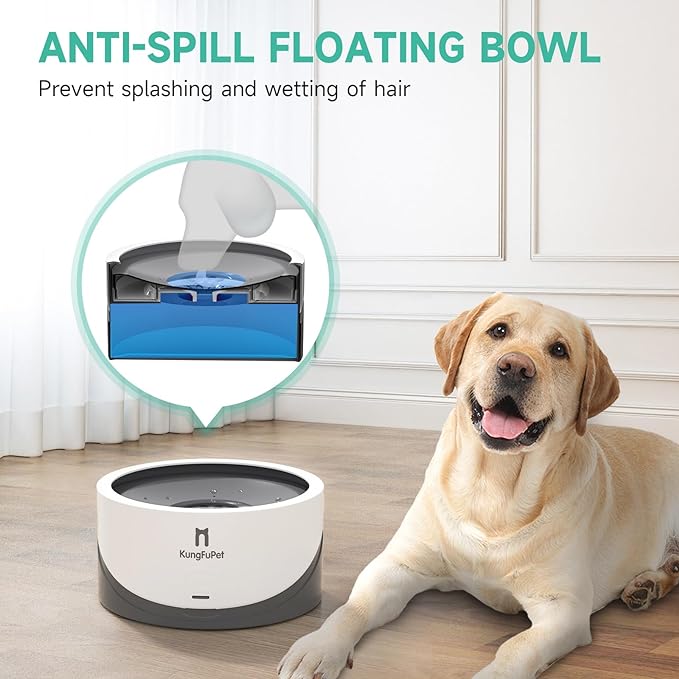
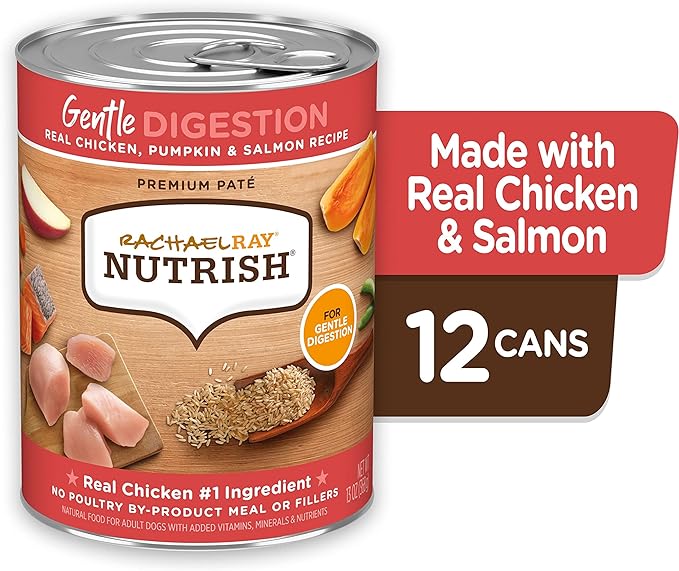
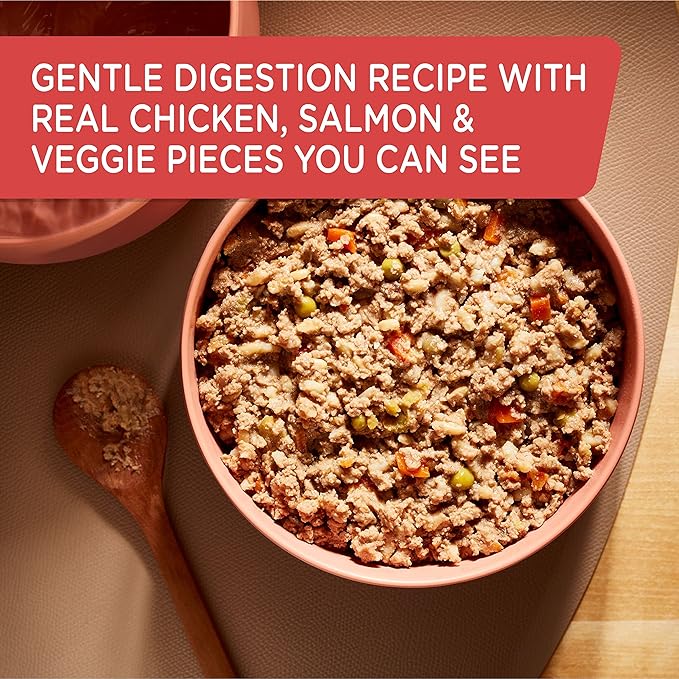
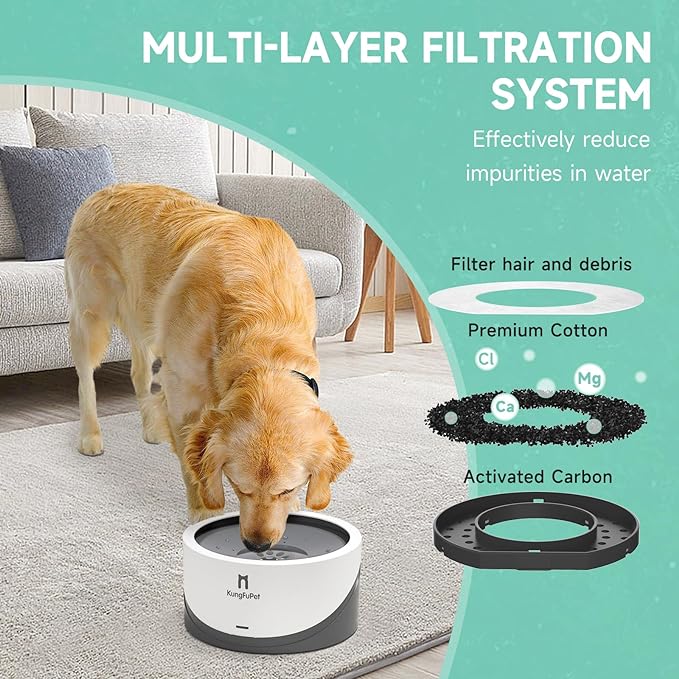
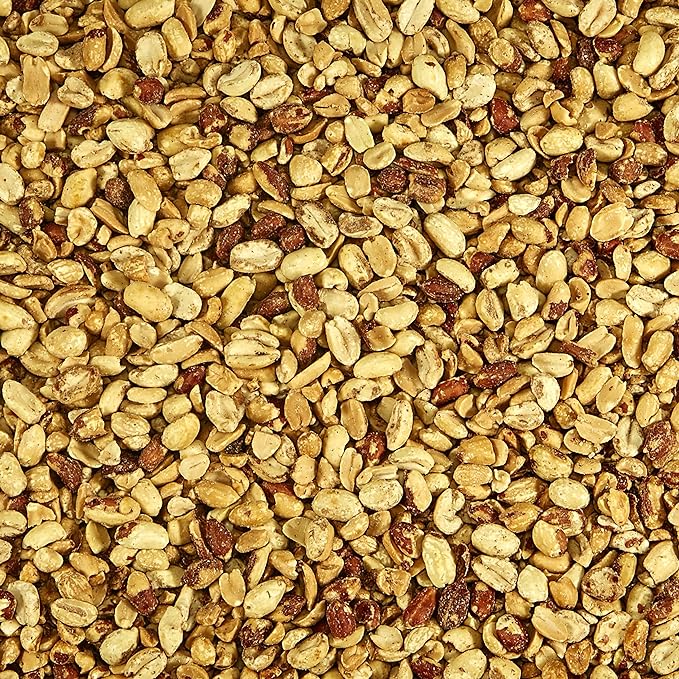
Adipiscing enim eu turpis egestas pretium. Cras ornare arcu dui vivamus arcu felis.